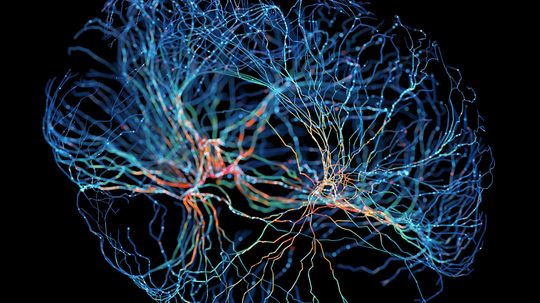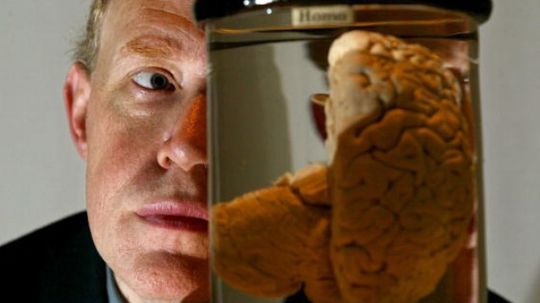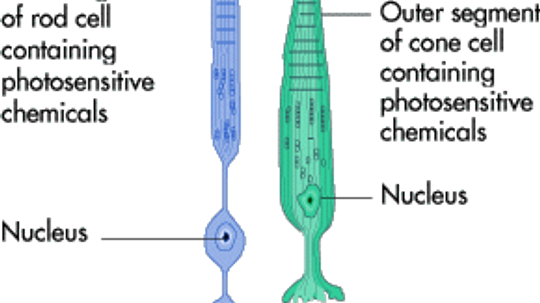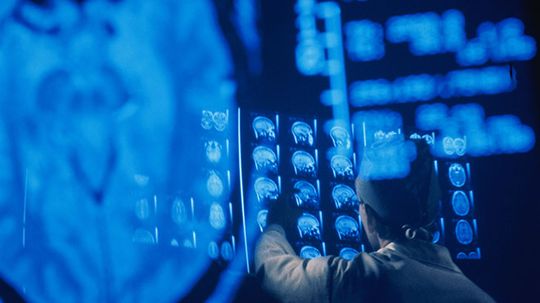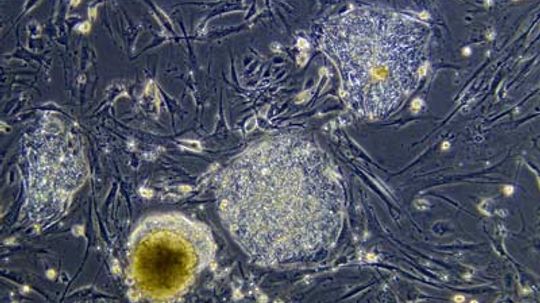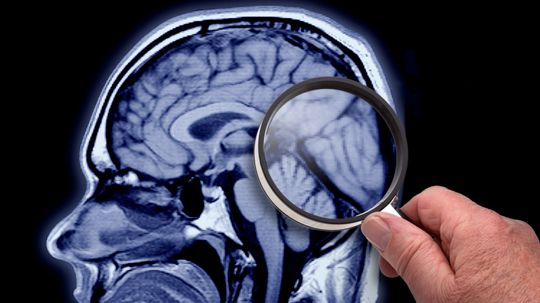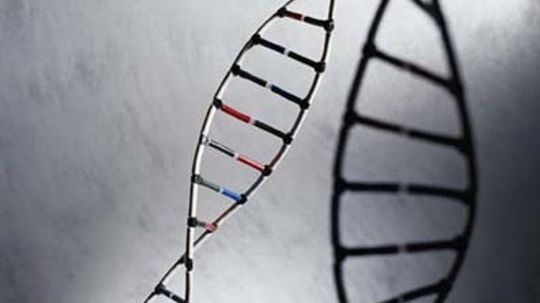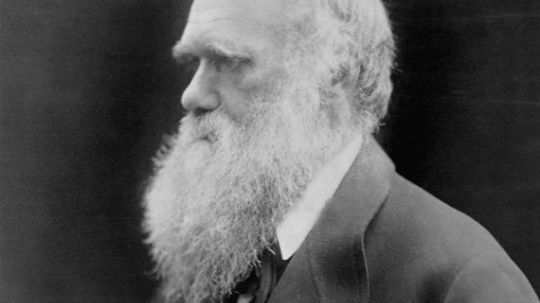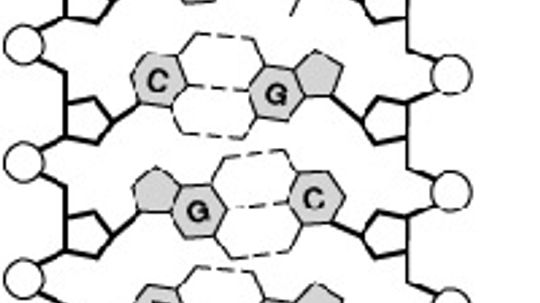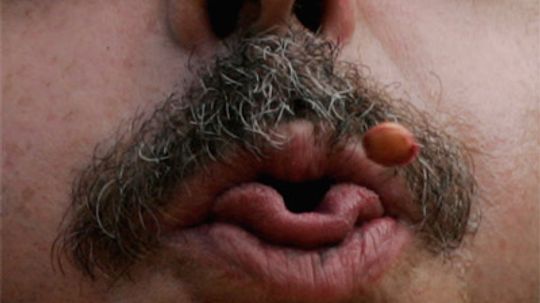Life Science
From the smallest microbe to the largest mammal, Life Science explores the origins, evolution and expansion of life in all its forms. Explore a wide range of topics from biology to genetics and evolution.
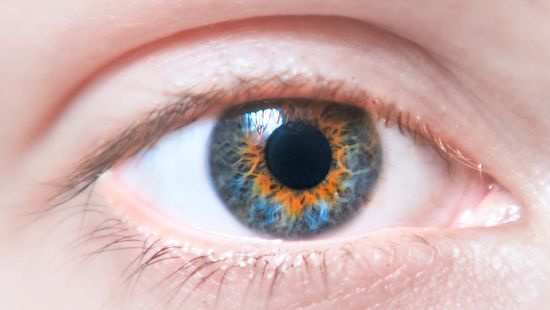
Central Heterochromia: When to Worry About Eye Color
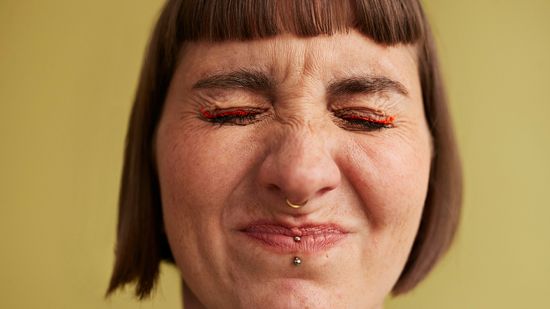
10 Types of Noses to Spot in a Crowd
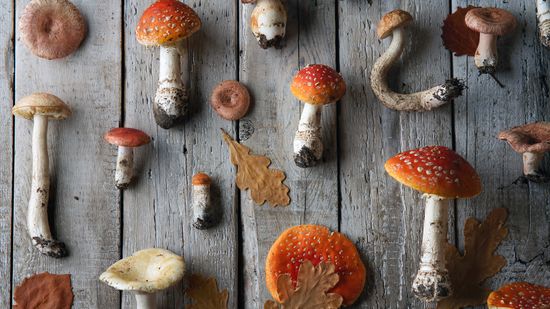
3 Major Types of Mushrooms: Edible, Wild and Poisonous

3 Types of Trees You'll Find All Over the Planet

A Corpse Flower Can Grow Over 12 Feet (3.7 Meters) Tall

Indica vs. Sativa: How to Distinguish Between Cannabis Plants
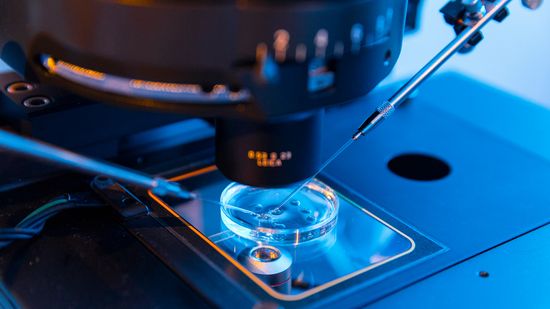
In Vivo vs. In Vitro Trials (and Why Combining Both Is Best)

Hypertonic vs. Hypotonic Solutions: Differences and Uses

Your Phone Is a Germ Factory, So Stop Taking It to the Toilet
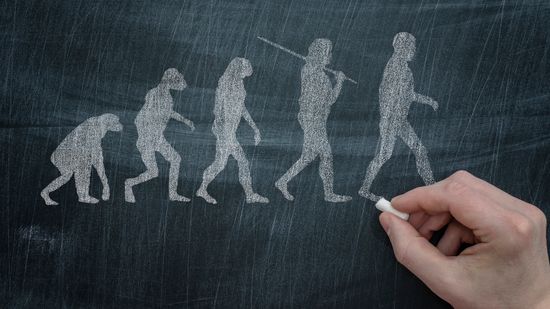
Neanderthal vs. Homo Sapien: Separate Species With Different Fates

Howstuffworks Interviews: Extinction Level Events with Annalee Newitz

What will the Earth look like in 50,000 years?
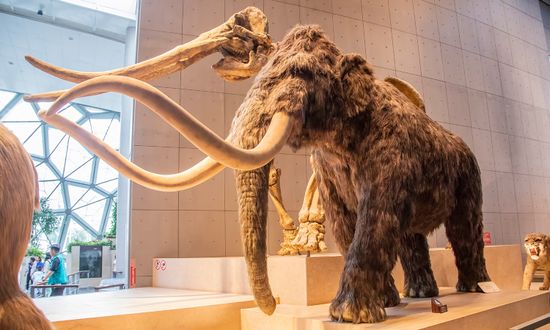
Is a Woolly Mammoth Clone Even Possible?

The Most Common Hair Color Isn't Blonde

What Is the Most Common Eye Color? Over 70% of People Have It
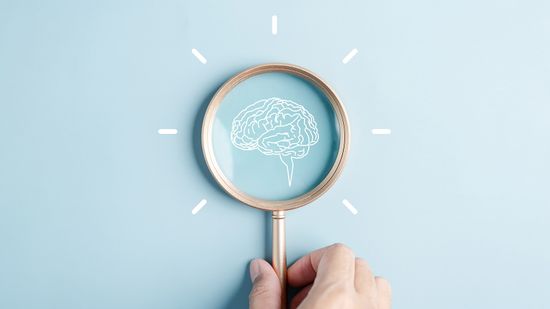
9 Types of Intelligence: The Many Ways to Expand Your Mind
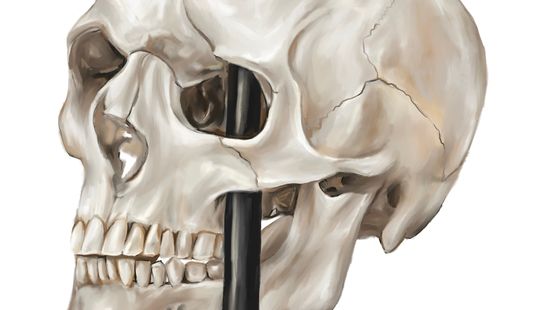
Phineas Gage and the Birth of Modern Neuroscience

Call of the Void: A Counterintuitive Form of Self-preservation
Learn More / Page 6
People with schizophrenia can experience delusions, hallucinations and paranoia. But they don't have to suffer social isolation. Find out what successful treatments can help people with the disorder.
By Jane McGrath
In the wild, are brains better than brawn? Find out when your fight-or-flight response is your friend and when it's your enemy.
If wisdom teeth are so wise, why do they keep sprouting in the gums of people who don't need them anymore? Should a lack of wisdom teeth give you bragging rights as a highly evolved human?
Advertisement
It sounds kind of great, right? Imagine everything you and yourself could get done. You'd be masters of the world -- wouldn't you?
By Robert Lamb
Brain mapping attempts to provide a complete picture of the brain's structure, but few know how brain mapping works. Learn how brain mapping works.
By Susan L. Nasr & Sascha Bos
If bigger is better, then some of us have the advantage when it comes to brainpower. Human brains (and noggins) don't all look the same. Does size really matter? And if it does, who comes out on top?
The journal "Nature" recently published a paper describing how a cell transplant had allowed blind mice to see again. What does this mean for humans?
Advertisement
Natural selection is the idea that organisms that are best suited to survive pass their traits down. Is it true that only the strong survive?
Imagine feeling like you were born into the wrong body. People with gender identity disorder (GID) suffer persistent dissatisfaction with their gender identity. But is it fair to call GID a psychological disorder?
Learn the physiological processes that trigger a coma, how an actual coma differs from television depictions and how often people awaken after months or even years of being in a coma.
While most psychologists believe that brainwashing is possible under the right conditions, some see it as improbable or at least as a less severe form of influence than the media portrays it to be. So how does someone get brainwashed?
By Julia Layton & Alia Hoyt
Advertisement
This week, a group of London-based scientists requested official permission to begin a three-year study involving stem cells derived from human-cow hybrids.
By Julia Layton
To achieve stability despite quick eye movements, the eyes take before and after shots of an image and compare them. Now, scientists may have finally discovered how.
By Julia Layton
Hereditary illnesses are passed down from parents to their children like gene traits, and children might inherit a disease even though their parents never suffered from its symptoms. Learn about hereditary illnesses.
By Alvin Eden & Elizabeth Eden
Stress is just around every corner for most of us these days. Reducing it requires you to learn the various types of stress, their different causes and how to deal with them.
Advertisement
People with face blindness" can see facial features just fine; if they were looking at a face they could describe to you what it looks like. But they cannot retain a memory of it. In severe cases people don't even recognize their own face when they look in the mirror. Learn what face blindness is all about.
By Julia Layton
Medical examiners are attributing an increasing number of deaths while in police custody to a syndrome called excited delirium. The problem is, there's no proof this syndrome exists.
By Julia Layton
Human beings have always found ways to ward off the effects of sleep deprivation. The newest wake-up pill has all of the benefits of caffeine and amphetamines with none of the down sides.
By Julia Layton
Scientific studies are showing that lefties are quicker and more adroit in some activities than their right-handed counterparts. How true is this idea?
By Julia Layton
Advertisement
The trials of being a lefty are numerous. You jostle for elbow room at the table, use scissors that feel funny in the hand and are teased for writing oddly. But do beleaguered lefties get the last laugh in sports?
By Robert Lamb
For Jack and his beanstalk, the sky was the limit, but nature's giants hit a point at which they can't grow any taller. What prevents lofty trees like sequoias from soaring any higher?
Who hasn't fantasized about bigger biceps? Killer abs? A rear end you could bounce a quarter off? But would you tamper with your genes to achieve that buff body?
How would you like to be the person responsible for changing science and Western civilization? With the "Origin of Species," Charles Darwin did. How did this English gent become the reluctant ambassador of evolution?
By Robert Lamb
Advertisement
More than 50 years have passed since Watson and Crick untangled the structure of DNA and five years have elapsed since scientists finished sequencing the entire human genome. What have we figured out about our genetic material?
Doctors always want your blood, but one day, a health care professional may ask you to open up and say, "Ptooey!" Why? Your spit holds a mother lode of biological information.




